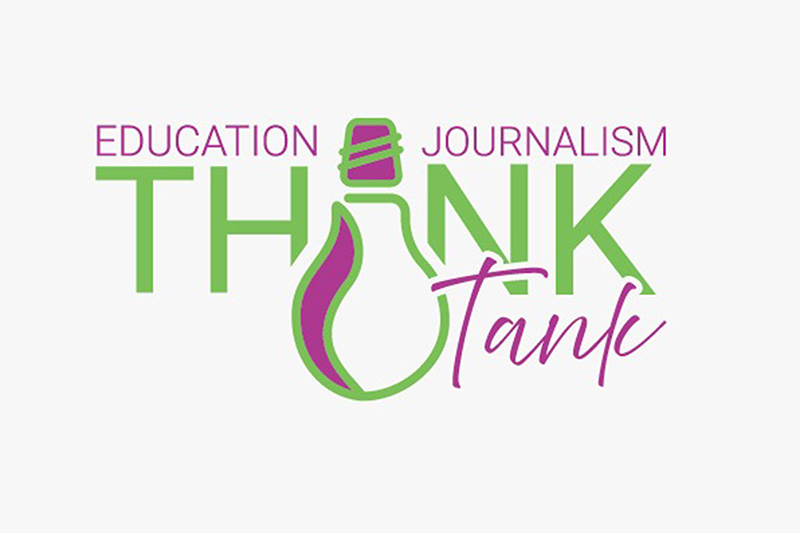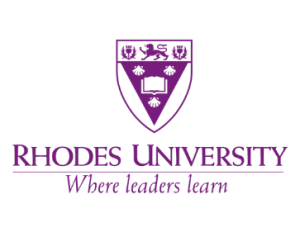
Education journalists, educators, and policymakers gathered in Makhanda today for the start of a pioneering three-day Education Journalism Think Tank, running until 7 December. Organised by Rhodes University’s School of Journalism and Media Studies (SJMS) and the Binding Constraints Lab (BCL), the event aims to address critical gaps in South Africa’s education news coverage and communication landscape, including under-reported issues in rural schools and insufficient analysis of policy impacts.
Research by Think Tank keynote speaker Dr Vanessa Malila reveals that while education receives substantial media coverage, current reporting often normalises systemic problems through formulaic and episodic coverage, failing to engage citizens constructively.
“We’re working toward a collaborative model where universities and journalistic communities of practice co-produce innovative and impactful journalism,” said Dr Jeanne du Toit, Head of School at SJMS. “Engaged universities can provide valuable spaces for innovation and access to intellectual resources.”
Key initiatives under consideration include:
- An annual education journalism competition
- Fellowships for emerging journalists and communicators
- Specialised postgraduate programs
- Professional development courses
- A centre for experimental practice and research which could commission open-source education news, host public forums, produce multimedia content, and create networks connecting education stakeholders across sectors
“This cross-field collaboration model promises to strengthen education journalism and communication while building bridges between academia, media, and education stakeholders,” said Rod Amner, Rhodes University senior lecturer and Think Tank co-organiser.
The Think Tank aims to address two primary challenges in education coverage: the decline of traditional media business models and problematic journalistic approaches that often exclude key stakeholders like teachers, parents, and learners.
Binding Constraints Lab (BCL) is a pioneering programme dedicated to enhancing education systems and improving learning outcomes in South Africa. According to BCL organiser Sipumelele Lucwana, the Think Tank is part of its mission to support cross-sector actors in achieving impactful change at scale through innovative approaches, strategic partnerships, and policy advocacy.

